22 Prebiotic Foods You Never Knew Were Good For Your Gut
In recent years, gut health has become a major focus in the world of nutrition—and for good reason. Your gut, often called the “second brain,” influences far more than just digestion; it impacts everything from immune function and metabolism to mood and mental clarity. At the heart of gut health is the microbiome—a thriving ecosystem of bacteria that play a vital role in keeping your body running smoothly. One of the best ways to support this microbial community is by fueling it with prebiotic foods—the fiber-rich, non-digestible compounds that nourish and promote the growth of beneficial gut bacteria. Unlike probiotics, which introduce live bacteria into your system, prebiotics help strengthen and sustain the healthy bacteria already present in your digestive tract. We’ve expanded our list to 22 powerhouse prebiotic foods that you may not have realized can supercharge your gut health. From everyday staples to unexpected superfoods, these choices can help you create a stronger, more balanced microbiome—leading to better digestion, improved immunity, and even enhanced mental well-being. Ready to transform your gut health? Let’s dive in!
1. Chicory Root – The Unsung Hero

Chicory root is one of the most potent sources of prebiotics, yet it remains relatively unknown to many. This root is rich in inulin, a type of soluble fiber that serves as an excellent food source for gut bacteria. Inulin not only promotes the growth of beneficial bacteria but also aids in digestion and improves bowel function. Studies have shown that chicory root can help alleviate constipation and improve overall digestive health. Moreover, chicory root has been linked to improved calcium absorption, which is crucial for bone health. Its mild, nutty flavor makes it a versatile addition to various dishes, from salads to roasted vegetables. By incorporating chicory root into your diet, you can not only boost your gut health but also enjoy its numerous other health benefits.
2. The Versatility of Garlic
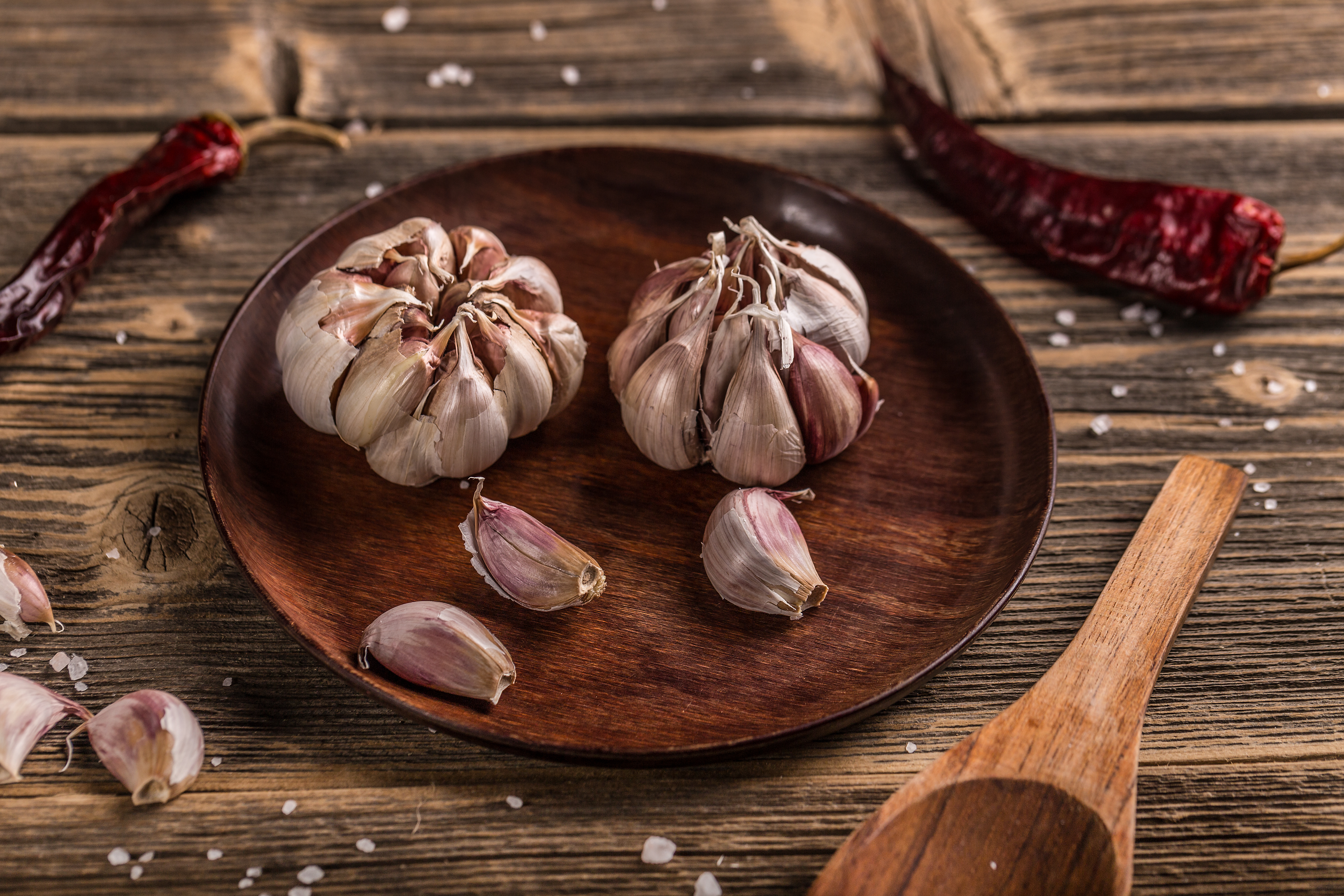
Garlic is not only a staple in kitchens worldwide but also a powerful prebiotic food. It contains fructooligosaccharides (FOS), a type of prebiotic fiber that promotes the growth of beneficial gut bacteria. Beyond its prebiotic properties, garlic is renowned for its anti-inflammatory and immune-boosting effects, making it a holistic addition to any diet. Regular consumption of garlic has been associated with a reduced risk of cardiovascular diseases, thanks to its ability to lower cholesterol and blood pressure. Its potent flavor enhances a wide array of dishes, from savory soups to hearty stews. By adding garlic to your meals, you can enjoy its myriad health benefits while supporting your gut microbiome.
3. The Power of Onions
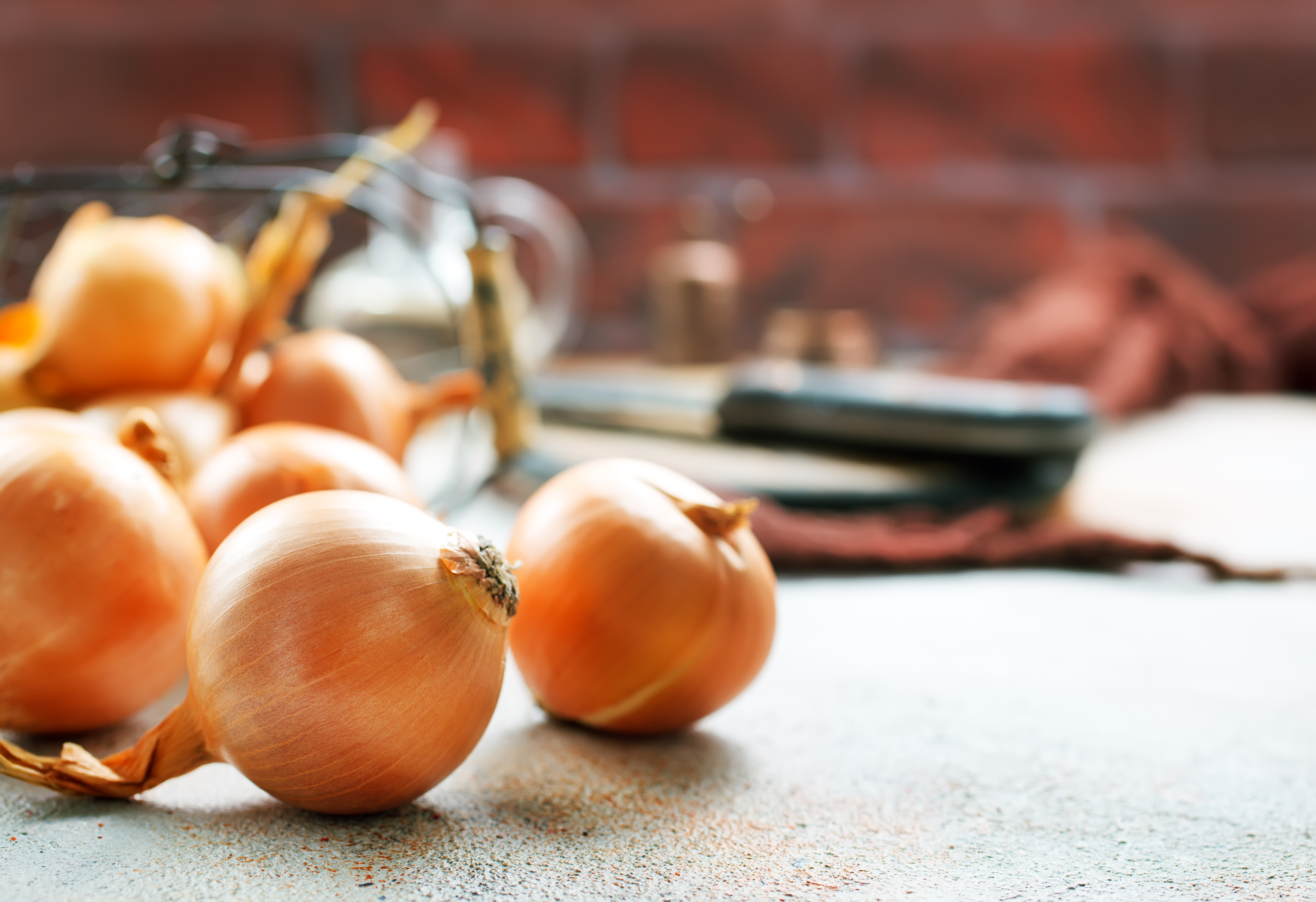
Onions, much like garlic, are a culinary staple with significant prebiotic potential. They are rich in inulin and FOS, which nourish beneficial gut bacteria and support digestive health. Onions also contain antioxidants, such as quercetin, which have anti-inflammatory properties and can protect against chronic diseases. Their versatility in cooking makes them an easy addition to any diet. Whether caramelized, sautéed, or raw, onions can enhance the flavor profile of countless dishes. By incorporating onions into your meals, you can support your gut health while benefiting from their wide range of nutrients and health-promoting properties.
4. The Sweet Surprise of Bananas
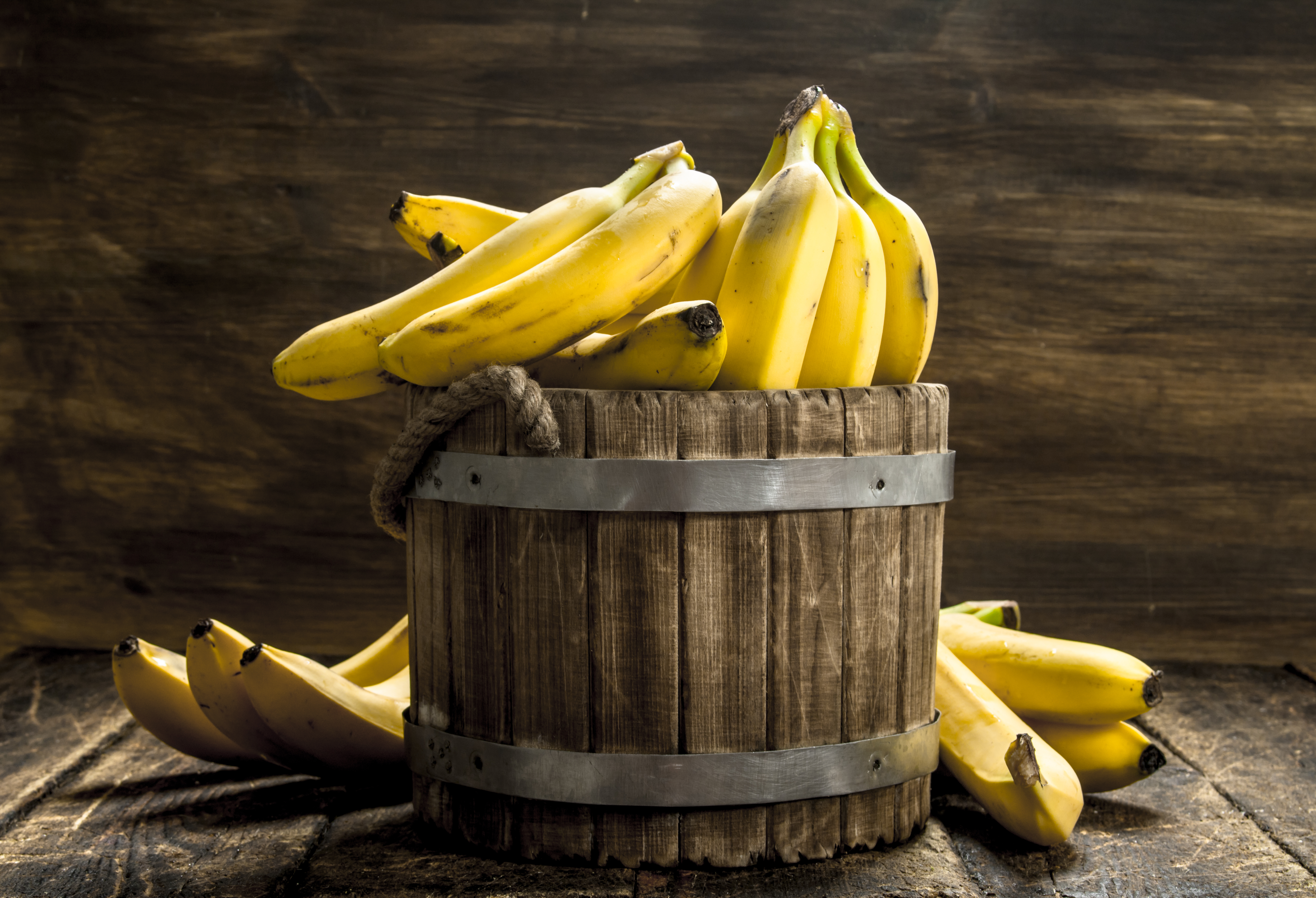
Bananas are a beloved fruit known for their potassium content, but they also have significant prebiotic properties. Unripe bananas, in particular, are rich in resistant starch, a type of fiber that acts as a prebiotic. Resistant starch escapes digestion in the small intestine and ferments in the colon, promoting the growth of beneficial bacteria. This process can lead to improved digestive health and enhanced nutrient absorption. Bananas are also a convenient, portable snack, making them an easy addition to any diet. By choosing slightly green bananas, you can maximize their prebiotic benefits while enjoying their natural sweetness.
5. The Lesser-Known Benefits of Asparagus
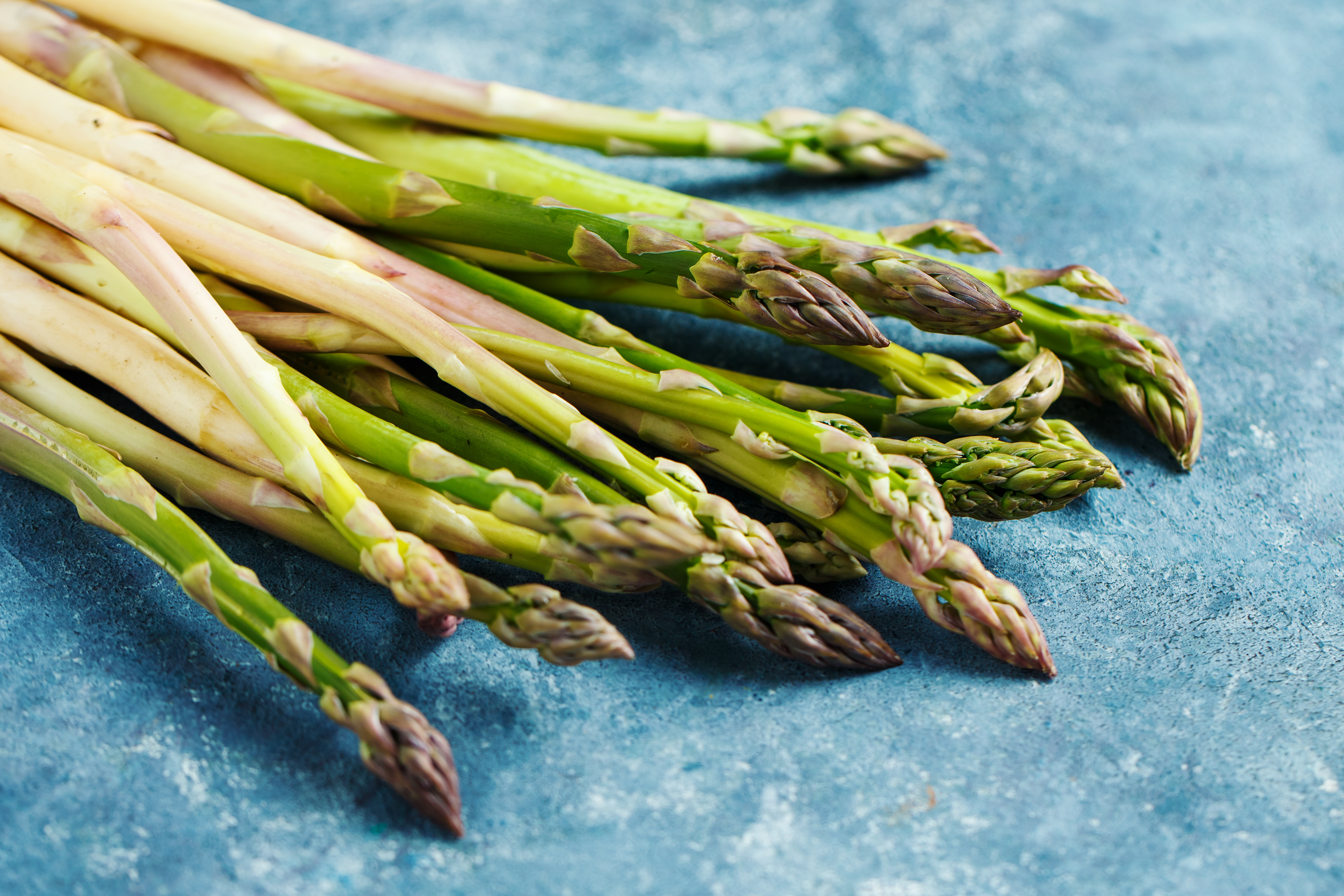
Asparagus is a nutrient-dense vegetable that offers surprising prebiotic benefits. It contains inulin, which supports the growth of beneficial gut bacteria. Asparagus is also rich in vitamins A, C, E, and K, as well as folate, making it a powerhouse of nutrition. Its diuretic properties can help flush out excess salt and fluid from the body, promoting kidney health. Asparagus can be enjoyed in a variety of ways, from grilling to roasting, making it a versatile addition to any meal. By including asparagus in your diet, you can support your gut health while reaping its numerous nutritional benefits.
6. The Fiber-Rich Artichoke
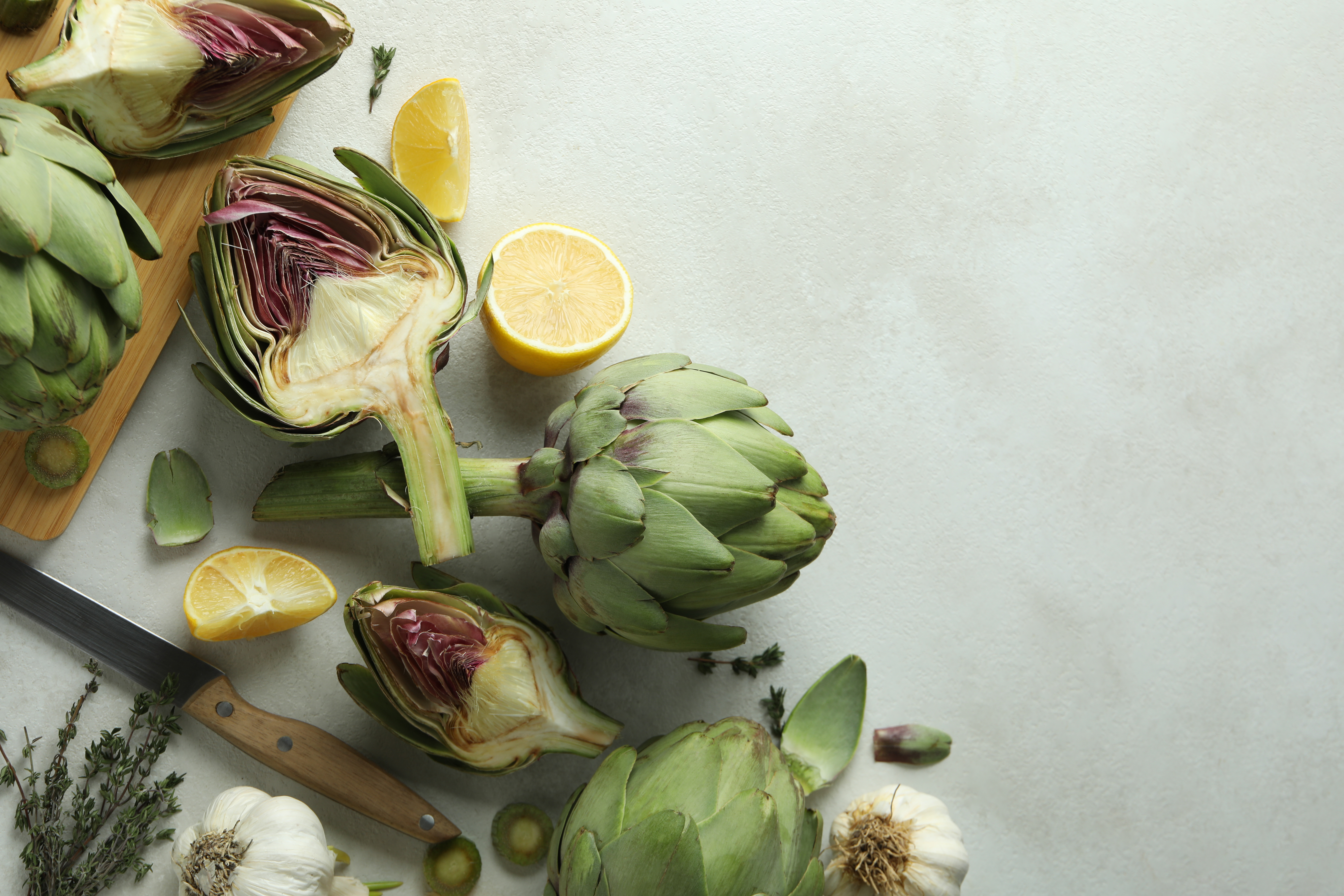
Artichokes are a delicious and nutritious vegetable with significant prebiotic potential. They are high in inulin, which nourishes beneficial gut bacteria and supports digestive health. Artichokes are also rich in antioxidants, which can protect against oxidative stress and inflammation. Their unique flavor and texture make them a delightful addition to salads, pastas, and dips. Artichokes can be steamed, grilled, or roasted, offering a variety of culinary possibilities. By incorporating artichokes into your diet, you can enhance your gut health while enjoying their distinct taste and nutritional benefits.
7. The Nutty Flavor of Almonds
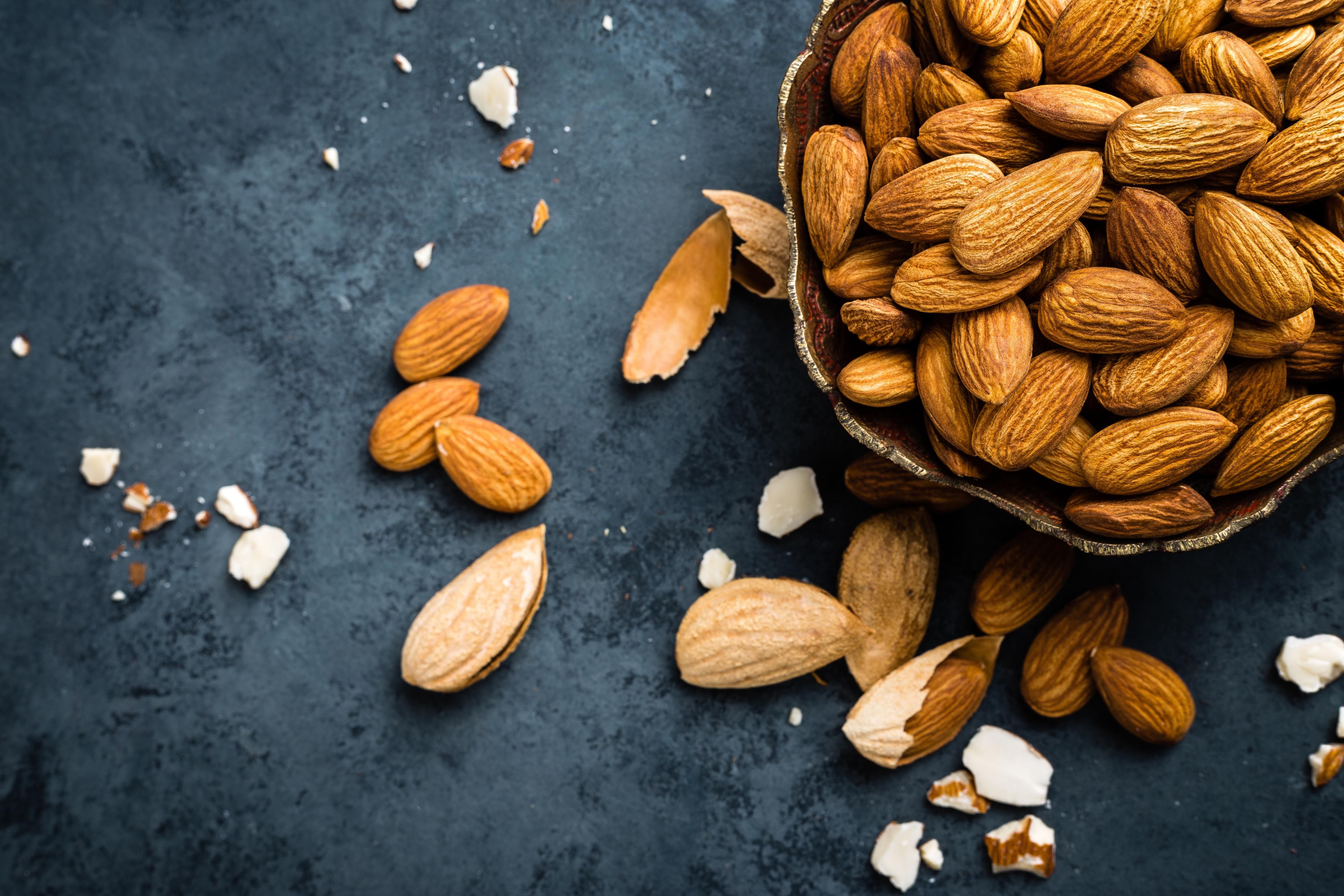
Almonds are a popular snack known for their healthy fats and protein content, but they also offer prebiotic benefits. They contain a type of fiber that promotes the growth of beneficial gut bacteria, supporting digestive health. Almonds are also rich in vitamin E, an antioxidant that protects cells from damage. Their crunchy texture and nutty flavor make them a satisfying snack, whether eaten on their own or added to salads, yogurts, or baked goods. By including almonds in your diet, you can support your gut health while enjoying their delicious taste and nutritional benefits.
8. The Surprising Benefits of Barley
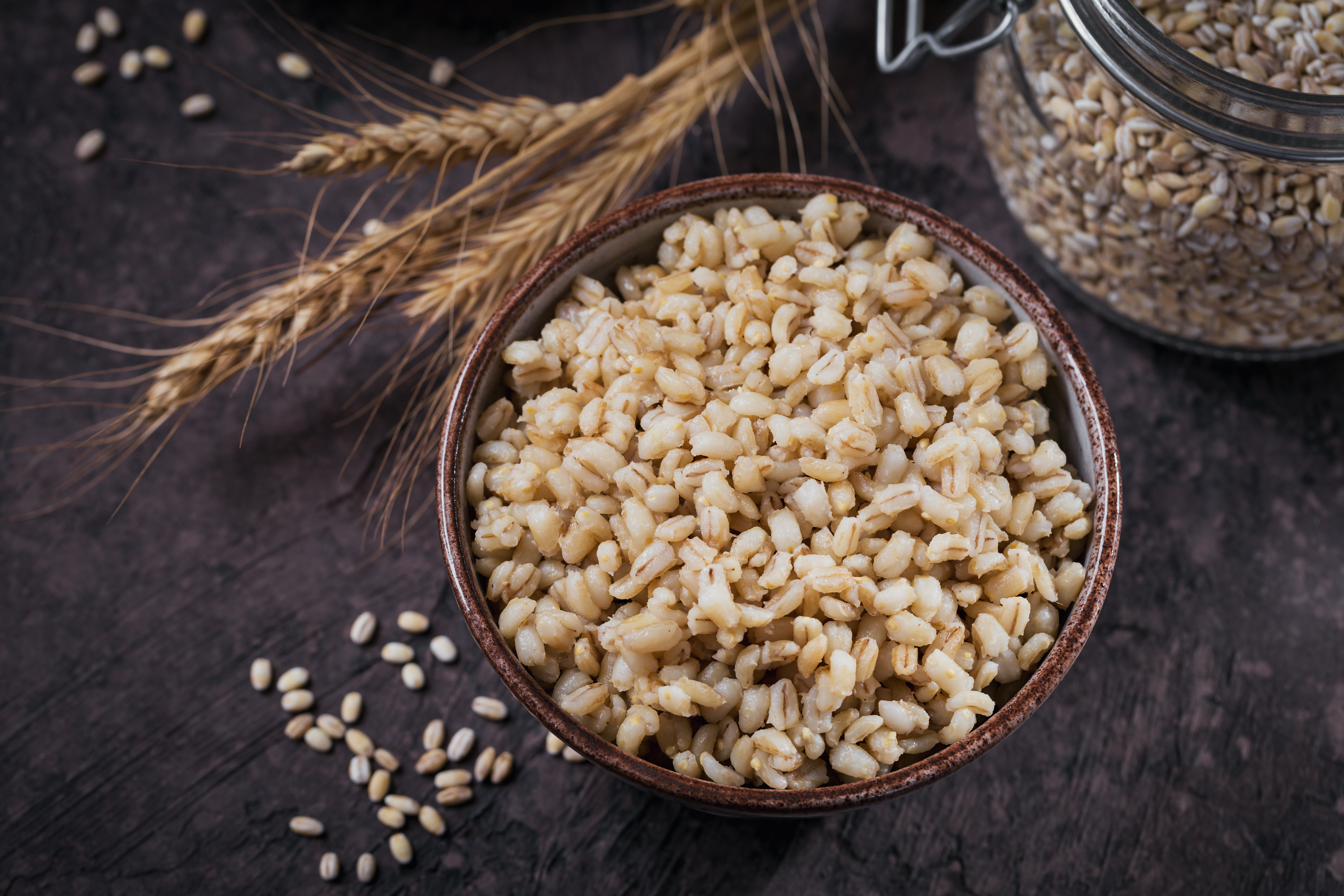
Barley is a whole grain that offers significant prebiotic benefits. It contains beta-glucan, a type of soluble fiber that promotes the growth of beneficial gut bacteria. Barley is also rich in vitamins, minerals, and antioxidants, making it a nutritious addition to any diet. Its chewy texture and nutty flavor make it a versatile grain that can be used in soups, salads, and side dishes. By incorporating barley into your diet, you can support your gut health while enjoying its hearty taste and nutritional benefits.
9. The Hidden Power of Apples

Apples are a beloved fruit known for their crisp texture and sweet flavor, but they also offer prebiotic benefits. They contain pectin, a type of soluble fiber that promotes the growth of beneficial gut bacteria. Apples are also rich in antioxidants, such as quercetin, which have anti-inflammatory properties and can protect against chronic diseases. Their versatility in cooking makes them an easy addition to any diet, whether eaten raw, baked, or cooked into sauces and desserts. By including apples in your meals, you can support your gut health while enjoying their delicious taste and health benefits.
10. The Versatile Benefits of Flaxseeds
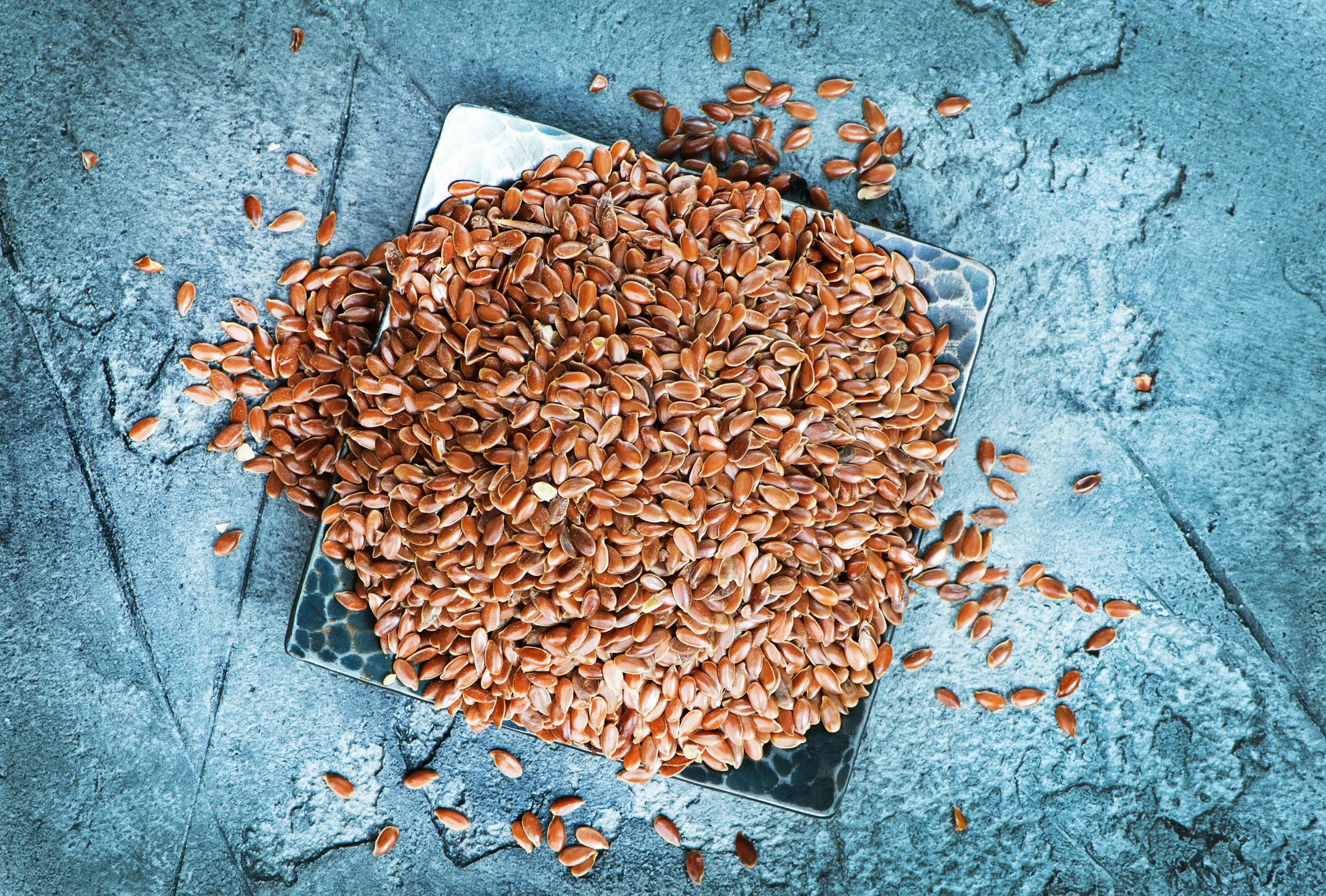
Flaxseeds are a small but mighty source of prebiotic fiber. They contain lignans and omega-3 fatty acids, which support gut health and have anti-inflammatory properties. Flaxseeds are also rich in antioxidants, which can protect against oxidative stress and chronic diseases. Their nutty flavor and crunchy texture make them a versatile addition to smoothies, yogurts, and baked goods. By incorporating flaxseeds into your diet, you can support your gut health while enjoying their nutritional benefits and unique taste.
11. The Gut-Boosting Benefits of Lentils
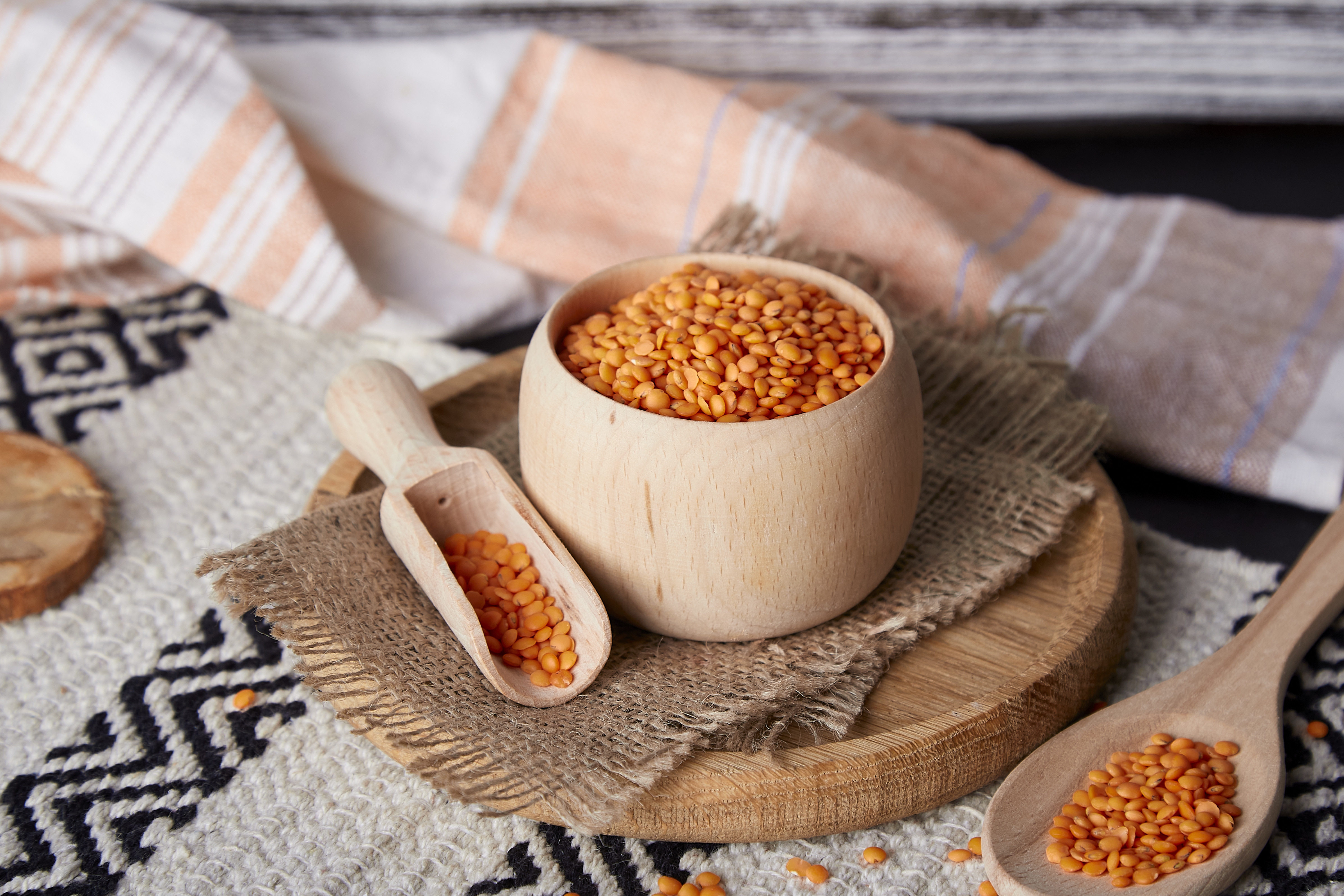
Lentils are an excellent source of fiber, protein, and essential nutrients, but they also offer impressive prebiotic benefits. They contain resistant starch and oligosaccharides, which serve as fuel for beneficial gut bacteria, promoting a balanced microbiome. Lentils also support heart health by helping to lower cholesterol levels and regulate blood sugar, making them an excellent choice for overall wellness. These versatile legumes can be incorporated into soups, salads, and stews, providing a hearty texture and mild, earthy flavor. Their high fiber content not only supports digestion but also aids in maintaining a feeling of fullness, which can contribute to healthy weight management. Adding lentils to your diet is a simple yet effective way to enhance gut health while enjoying their numerous nutritional benefits.
12. The Digestive Perks of Seaweed
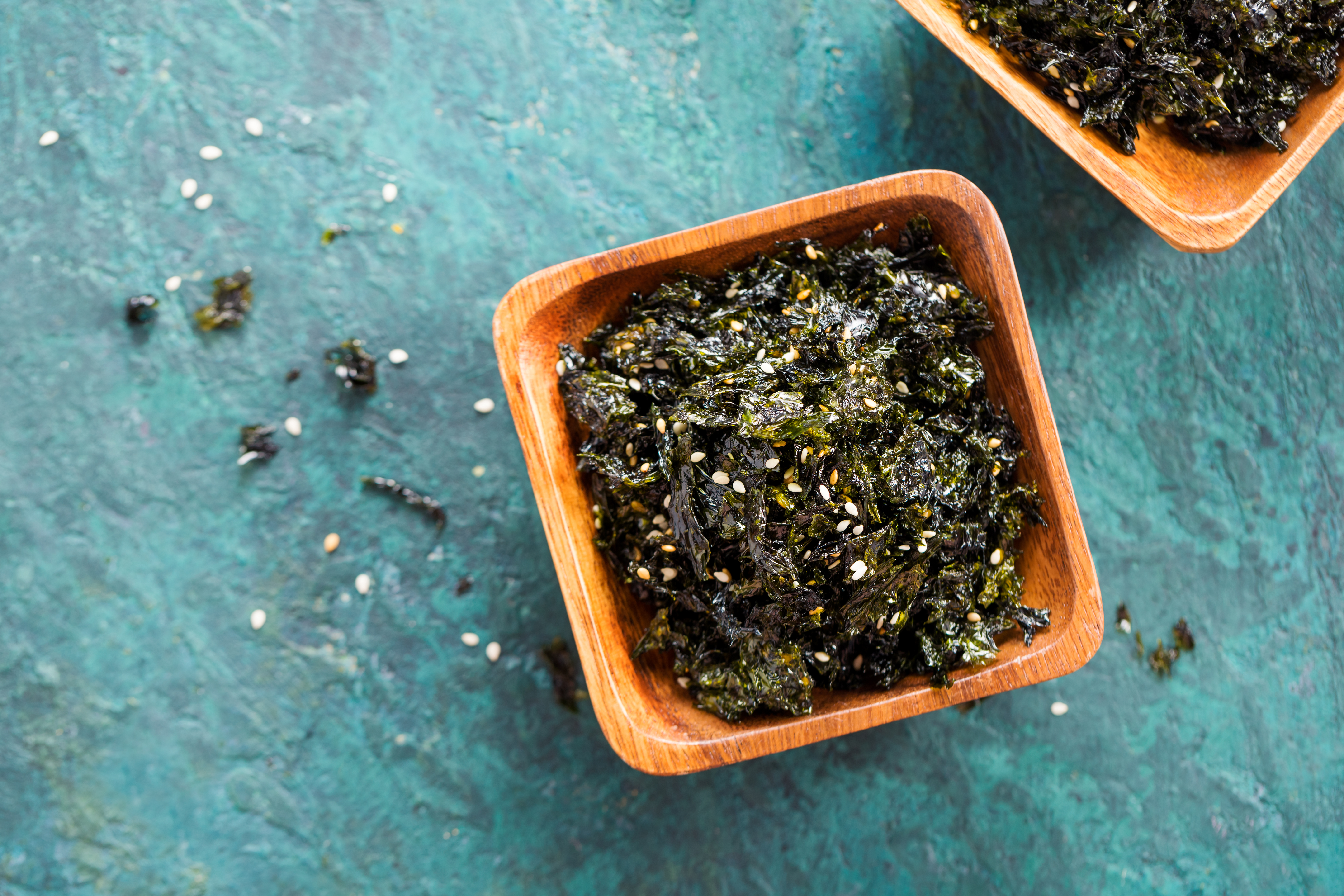
Seaweed is a nutrient-dense superfood that provides a unique type of prebiotic fiber called sulfated polysaccharides, which promotes the growth of healthy gut bacteria. Unlike many land vegetables, seaweed contains a rich variety of minerals, including iodine, magnesium, and calcium, essential for metabolic and immune function. Beyond gut health, seaweed has been linked to anti-inflammatory benefits and improved thyroid function, thanks to its natural iodine content. Its umami-rich flavor makes it a great addition to sushi, soups, and salads, or even as a crispy snack. Incorporating seaweed into your diet can support digestion, enhance nutrient absorption, and contribute to a well-balanced gut microbiome.
13. Jicama – The Crunchy Prebiotic Powerhouse
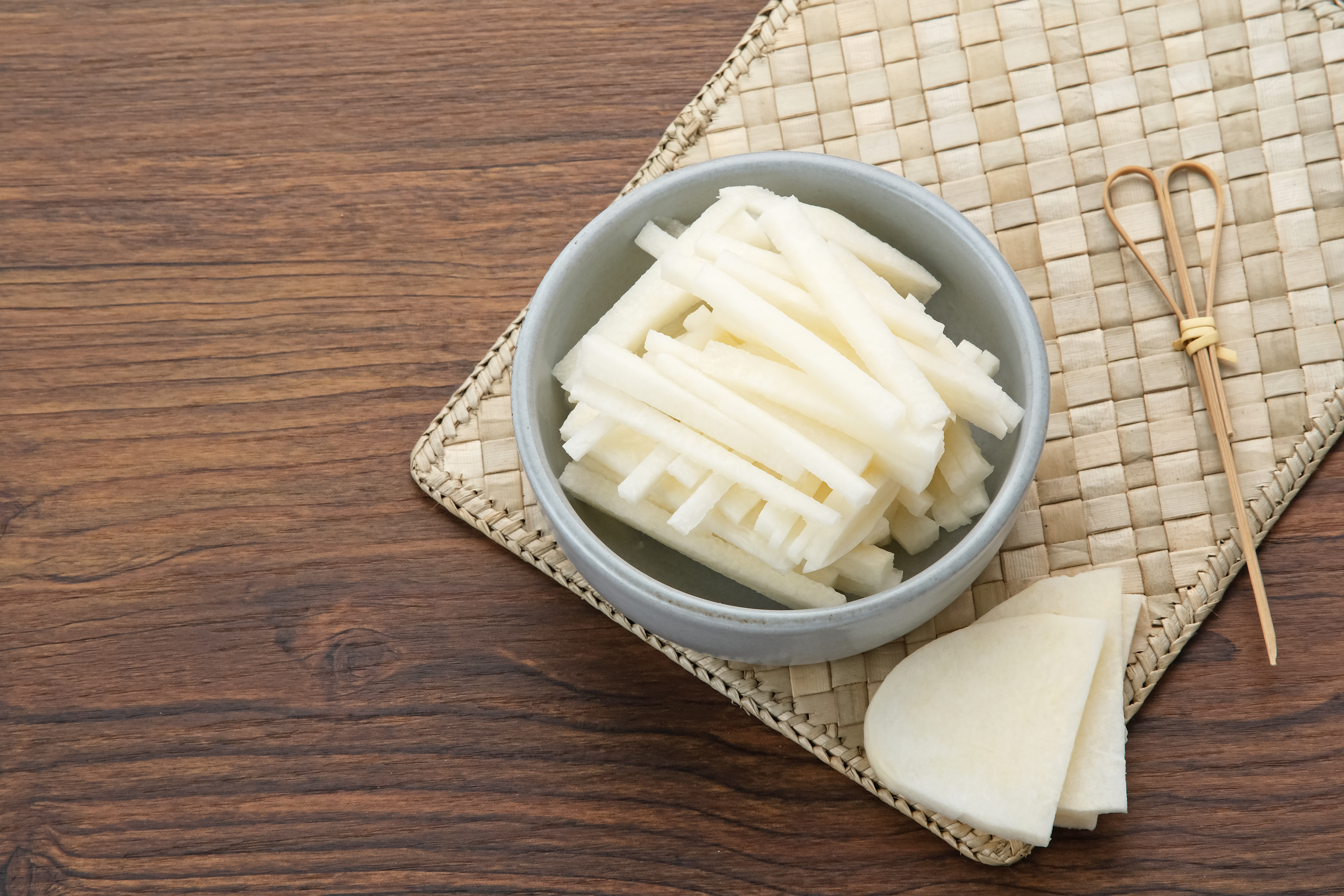
Jicama, also known as the Mexican yam bean, is a refreshing root vegetable packed with inulin, a powerful prebiotic fiber that supports gut bacteria growth. Its crisp texture and mild, slightly sweet flavor make it a perfect addition to salads, slaws, and healthy snacks. Jicama is also rich in vitamin C and antioxidants, contributing to immune support and reducing inflammation. Enjoy it raw with a sprinkle of lime juice and chili powder, or slice it into sticks for a gut-friendly snack that promotes digestion and overall well-being.
14. Dandelion Greens – The Bitter Green for Gut Health
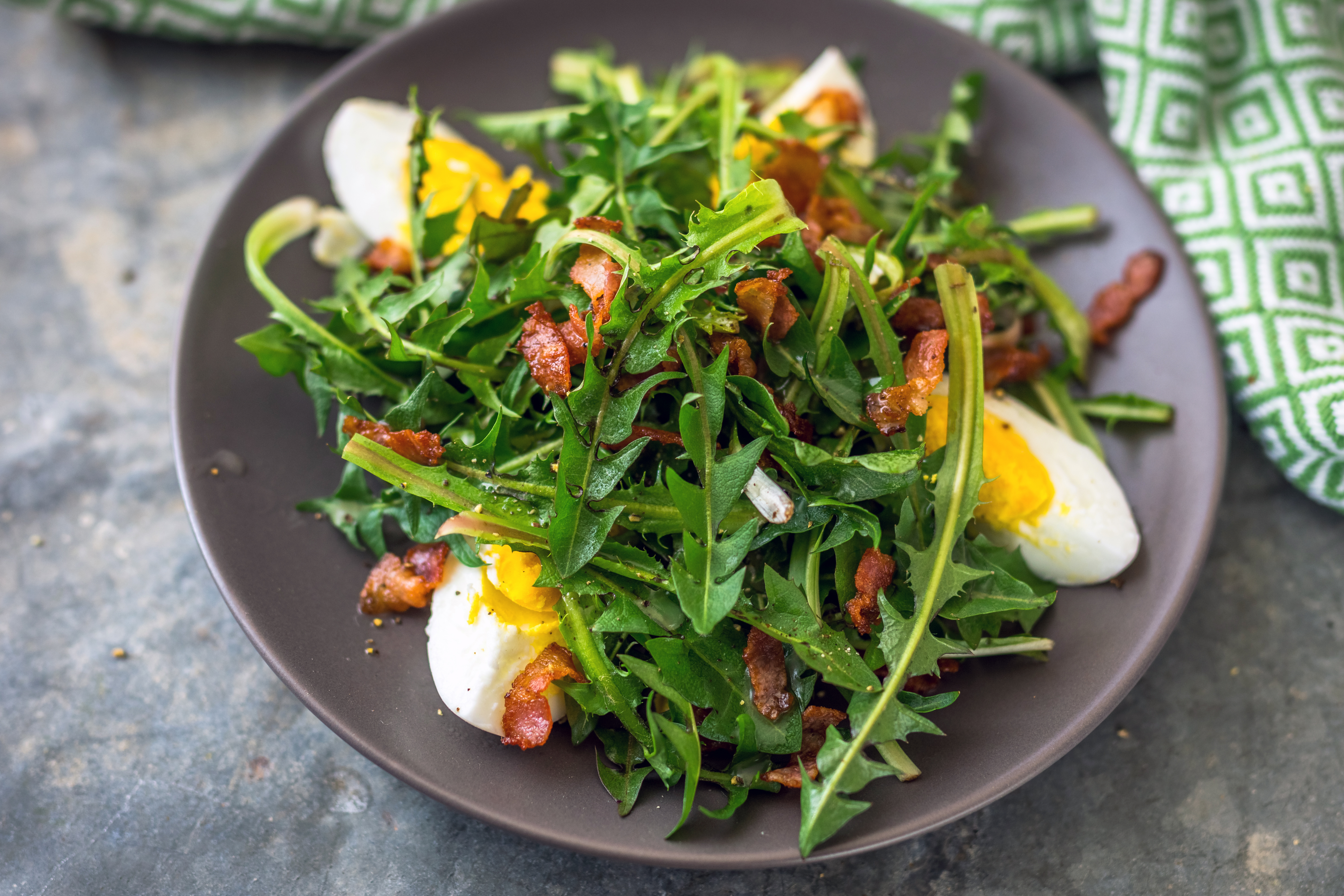
Dandelion greens might not be the most common leafy green in your diet, but they are one of the richest sources of prebiotic fiber. Their high inulin content helps stimulate beneficial gut bacteria while also supporting liver detoxification and digestion. These slightly bitter greens can be tossed into salads, blended into smoothies, or sautéed with garlic and olive oil for a nutrient-packed side dish. Adding dandelion greens to your diet can boost digestion, fight inflammation, and support a thriving gut microbiome.
15. Burdock Root – An Ancient Gut Remedy
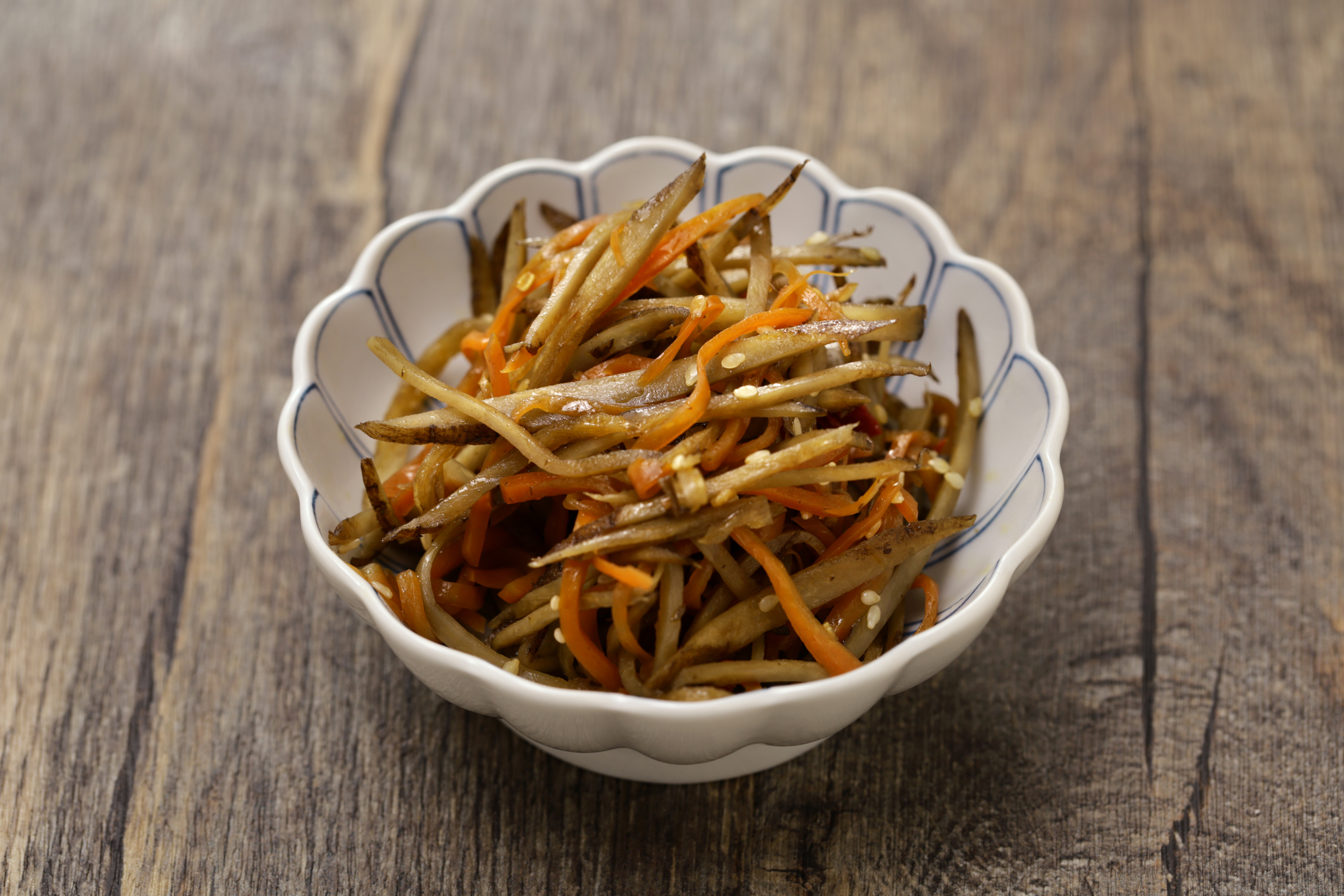
Burdock root has been used in traditional medicine for centuries, particularly in Asian and European cultures, for its detoxifying and digestive-supporting properties. Packed with inulin and other prebiotic fibers, burdock root encourages the growth of healthy gut bacteria while aiding in digestion. It also boasts anti-inflammatory and antioxidant benefits, making it a powerful addition to your gut-friendly arsenal. It can be consumed as a tea, stir-fried, or simmered in soups for a nourishing gut boost.
16. Pistachios – The Snack That Loves Your Gut
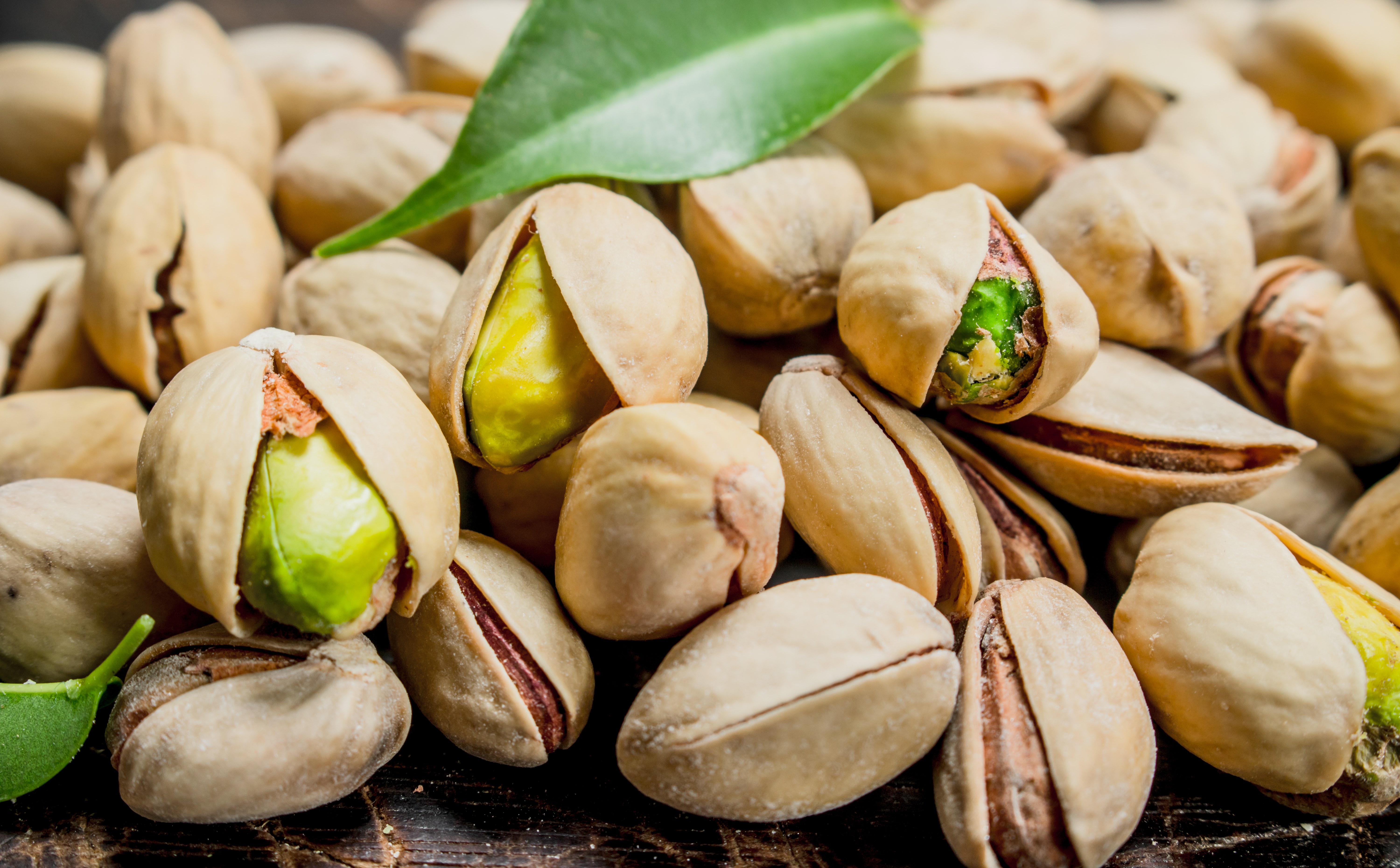
Pistachios are more than just a tasty, protein-rich snack—they're also an excellent source of prebiotic fiber. Research has shown that pistachios can increase beneficial gut bacteria and improve microbial diversity. In addition to their gut health benefits, pistachios contain heart-healthy fats and antioxidants that help reduce inflammation. Enjoy a handful as a snack, sprinkle them over salads, or blend them into pesto for a delicious way to fuel your microbiome.
17. Cocoa – The Guilt-Free Prebiotic Treat
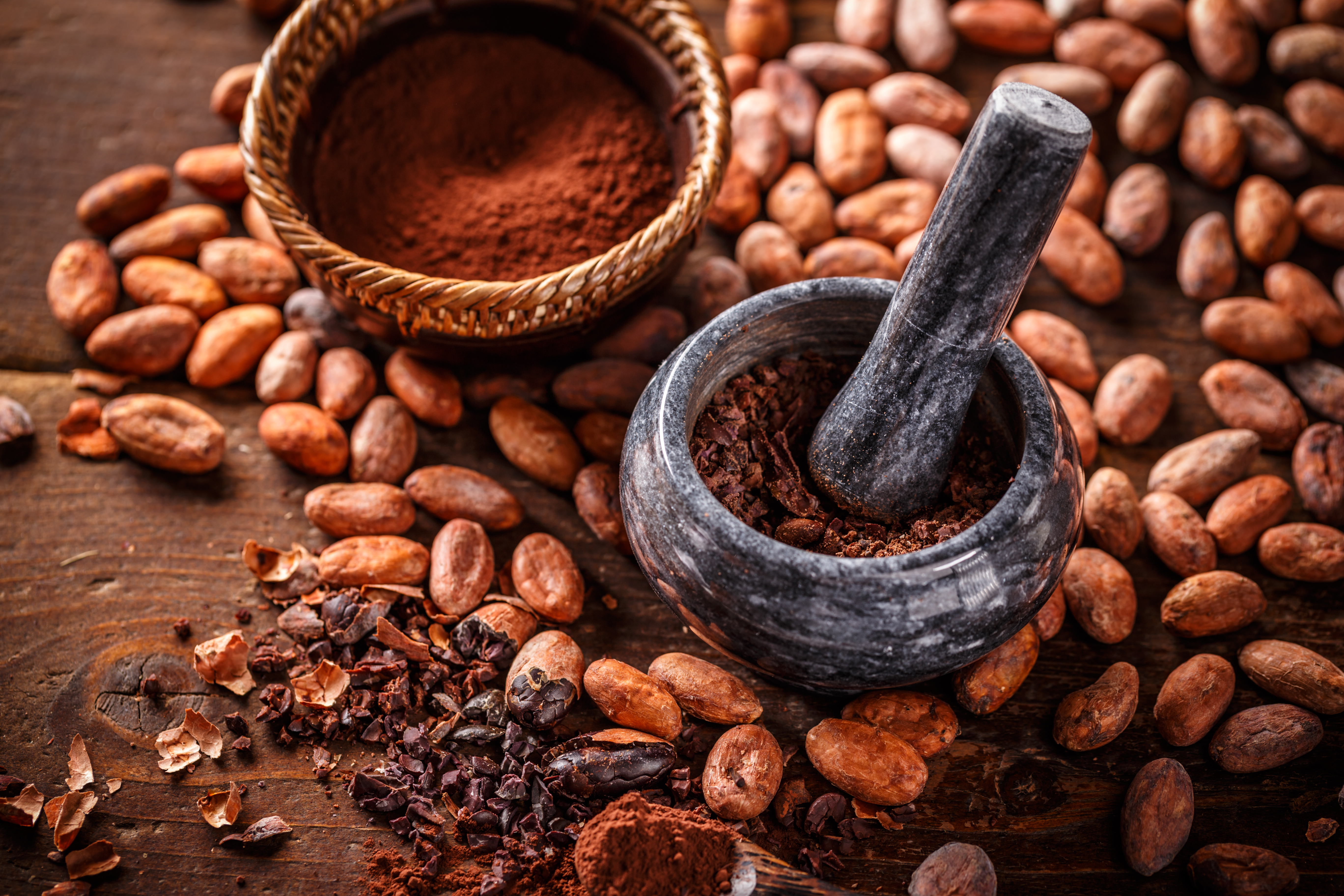
Yes, chocolate (when in its purest form) can actually be good for your gut! Raw cacao contains prebiotic fibers that feed beneficial gut bacteria while also providing polyphenols, which act as fuel for healthy microbes. Dark chocolate with a high cocoa content (70% or more) offers these gut benefits while also delivering mood-boosting compounds and antioxidants. Mix raw cacao into smoothies, stir it into oatmeal, or enjoy a square of dark chocolate as an indulgent yet microbiome-friendly treat.
18. Okra – The Gut-Soothing Vegetable
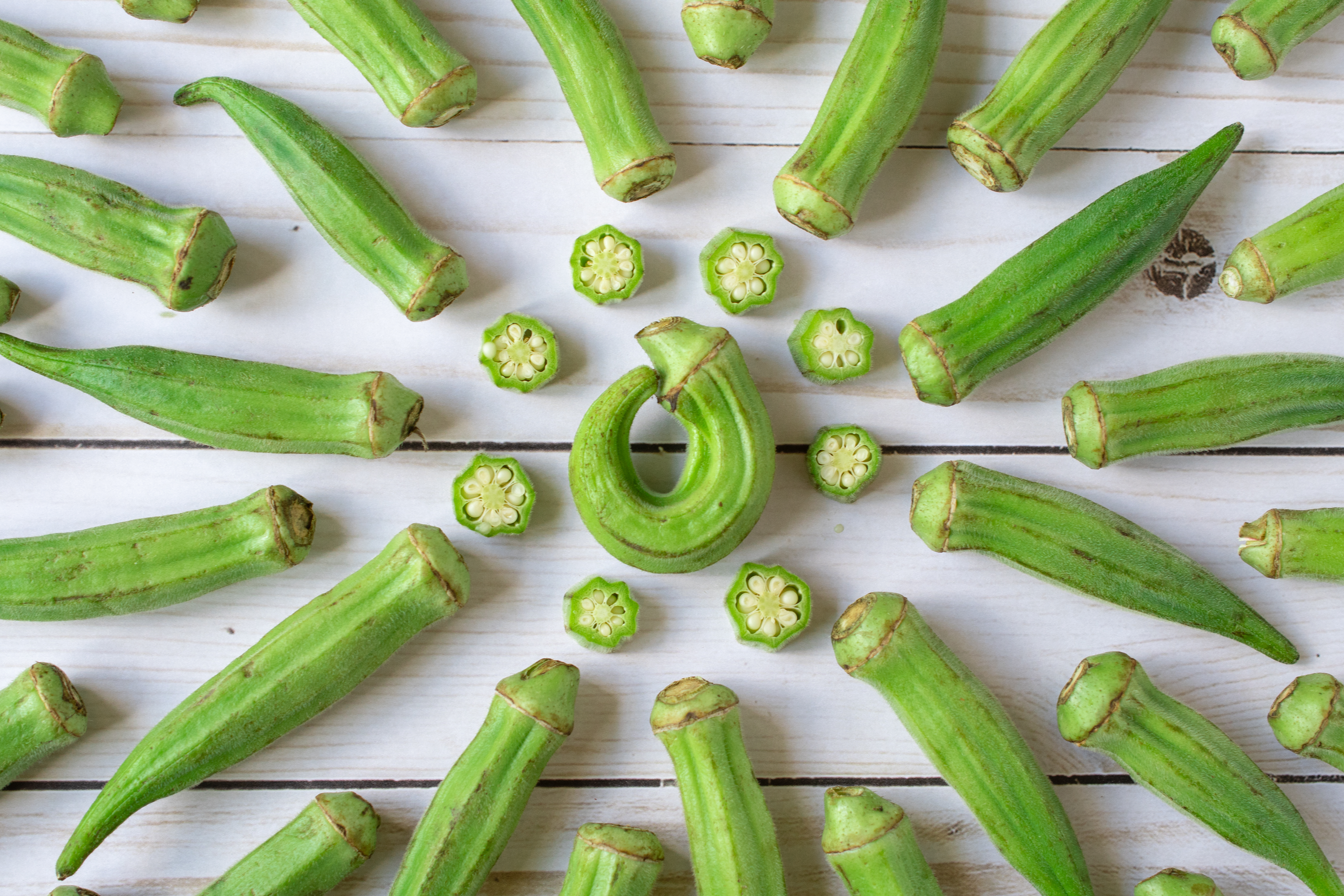
Okra may not be on your usual grocery list, but this slimy, fiber-rich vegetable is fantastic for gut health. Its mucilaginous (gel-like) fiber acts as a prebiotic that feeds beneficial gut bacteria while also soothing and protecting the digestive tract. Okra is rich in vitamins A and C, making it an excellent addition to a gut-healing diet. Whether grilled, roasted, or stewed in a gumbo, this underrated veggie can work wonders for your digestion.
19. Fennel – A Fragrant Digestive Booster
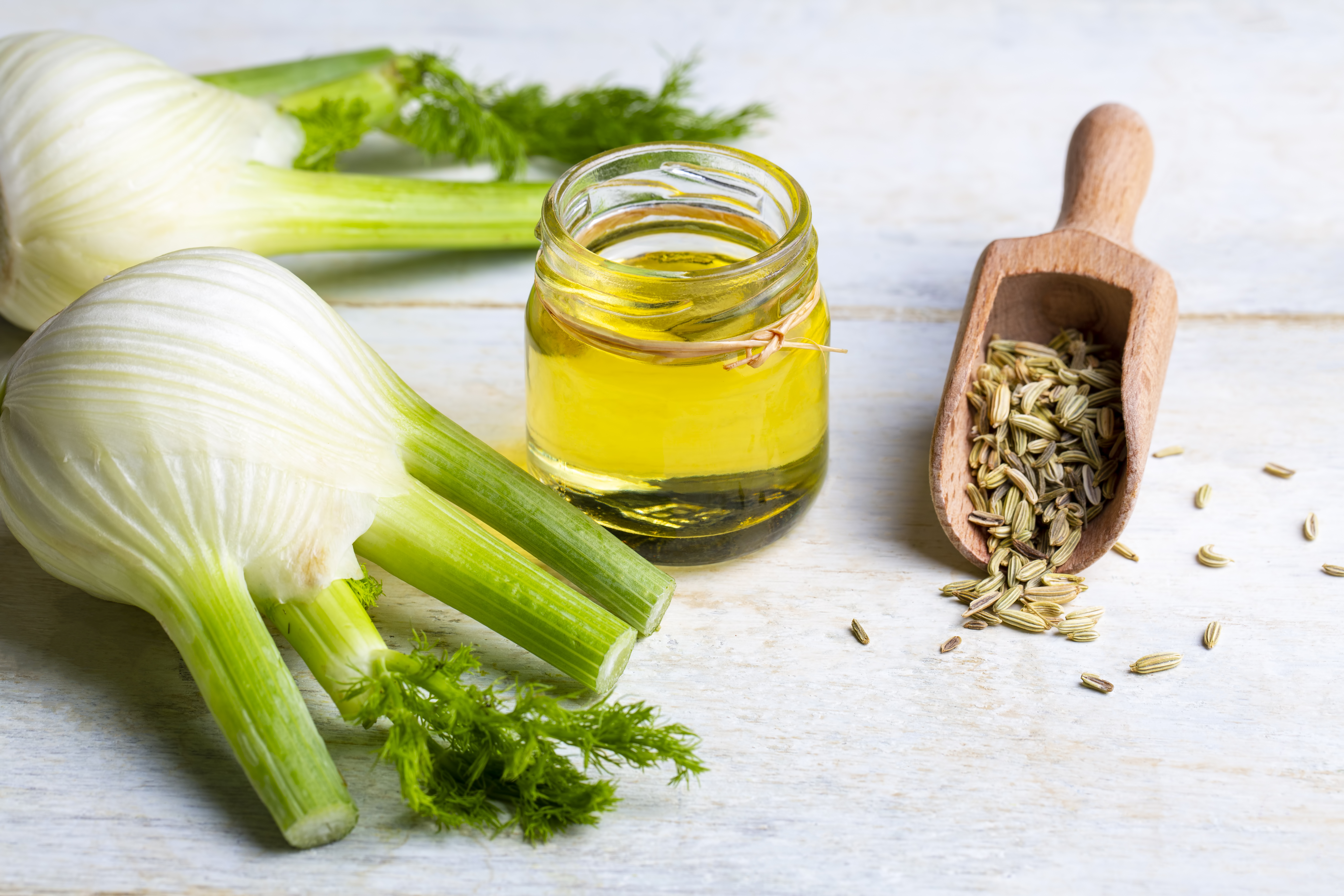
Fennel, with its slightly sweet, anise-like flavor, is a natural digestive aid that also happens to be rich in prebiotic fiber. Traditionally used to soothe bloating and digestive discomfort, fennel promotes a balanced gut microbiome while supporting smoother digestion. Both fennel bulbs and seeds can be incorporated into meals—roast the bulb for a delicious side dish, slice it raw into salads, or brew fennel tea for a natural way to ease digestive issues and feed your gut bacteria.
20. Coconut Meat – A Tropical Prebiotic Superfood
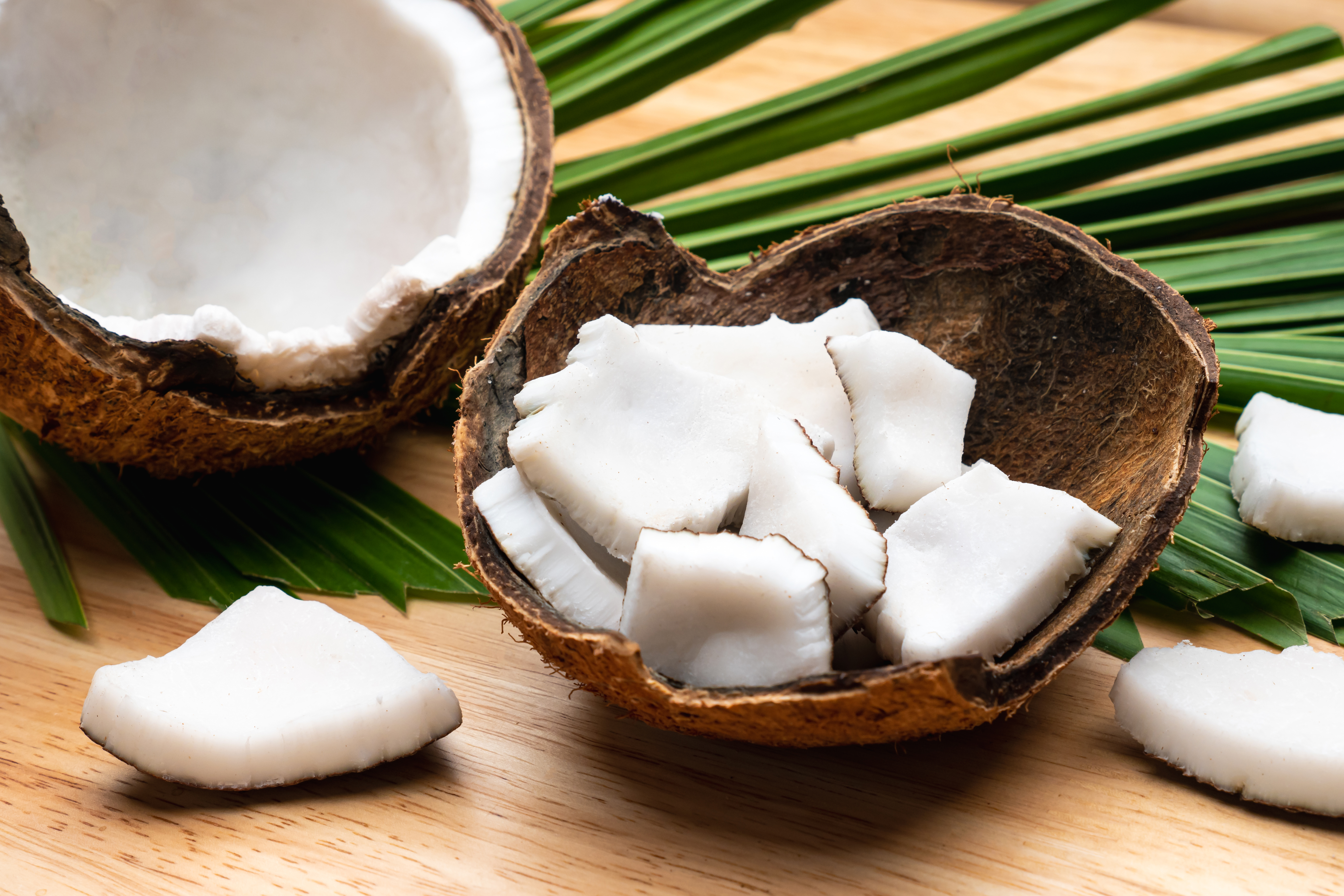
Coconut meat is a lesser-known source of prebiotics that supports gut health while also providing healthy fats for sustained energy. It contains medium-chain triglycerides (MCTs), which have been shown to support digestion and enhance nutrient absorption. Fresh coconut meat can be blended into smoothies, shredded over yogurt, or eaten as a satisfying snack. Its fiber content helps fuel the microbiome while keeping digestion regular.
21. Parsnips – The Sweet Root for a Happy Gut
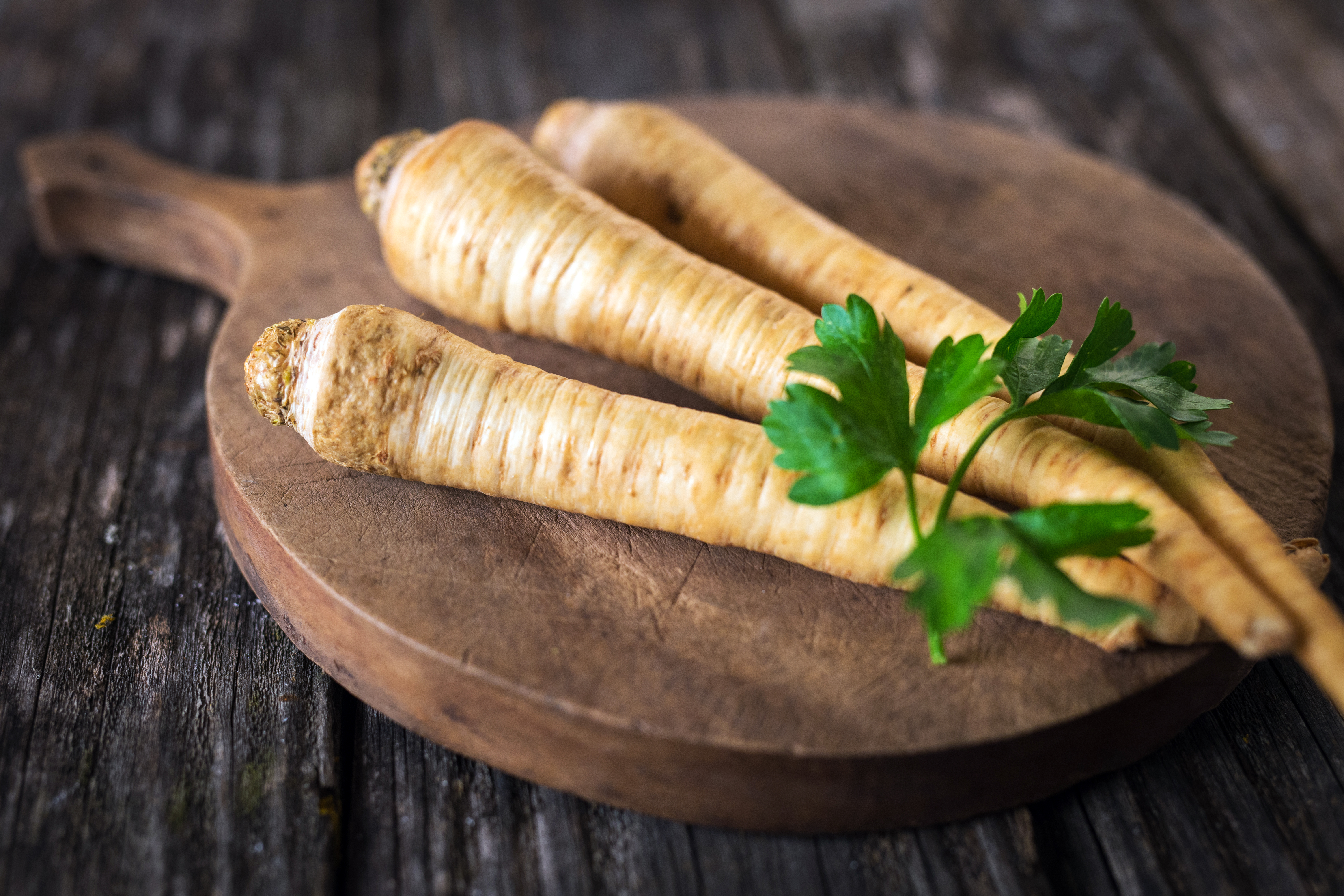
Parsnips, the often-overlooked cousin of carrots, are a deliciously sweet and earthy root vegetable that packs a prebiotic punch. Rich in fiber and antioxidants, parsnips support healthy digestion while feeding beneficial gut bacteria. Roast them for a caramelized, nutty flavor, mash them as a gut-friendly alternative to potatoes, or spiralize them into noodles for a fiber-rich pasta replacement. Adding parsnips to your diet is a delicious way to promote a healthier gut.
22. Celery Root (Celeriac) – A Gut-Friendly Alternative to Potatoes
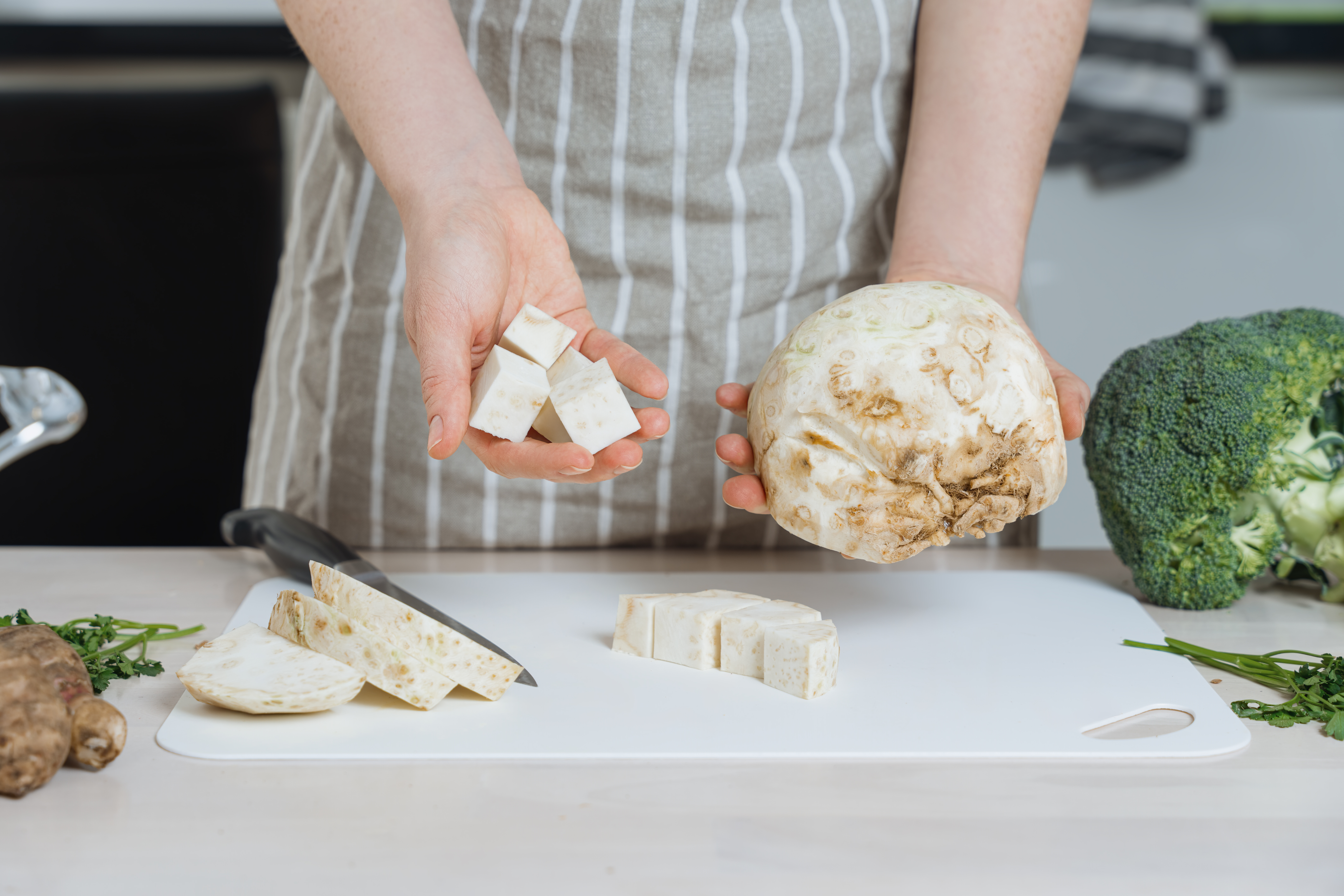
Celery root, or celeriac, may not win any beauty contests, but its benefits for gut health are impressive. This root vegetable is packed with fiber, including prebiotic compounds that nourish gut bacteria. Its mild, slightly nutty flavor makes it a great low-carb alternative to potatoes, perfect for mashing, roasting, or blending into soups. With added benefits like vitamins C and K, celery root is a gut-friendly vegetable that deserves more attention in the kitchen.
Nourish Your Gut, Transform Your Health

Incorporating prebiotic foods into your diet is a simple yet powerful way to enhance your gut health and overall well-being. From chicory root to flaxseeds, each of these foods offers unique benefits that can support a healthy gut microbiome. By understanding the science behind prebiotics and exploring the diverse options available, you can make informed choices that contribute to a balanced and nutritious diet. As you integrate these foods into your daily meals, you can enjoy not only their delicious flavors but also the myriad health benefits they provide. Embracing prebiotic foods is a proactive step towards a healthier, more vibrant life.